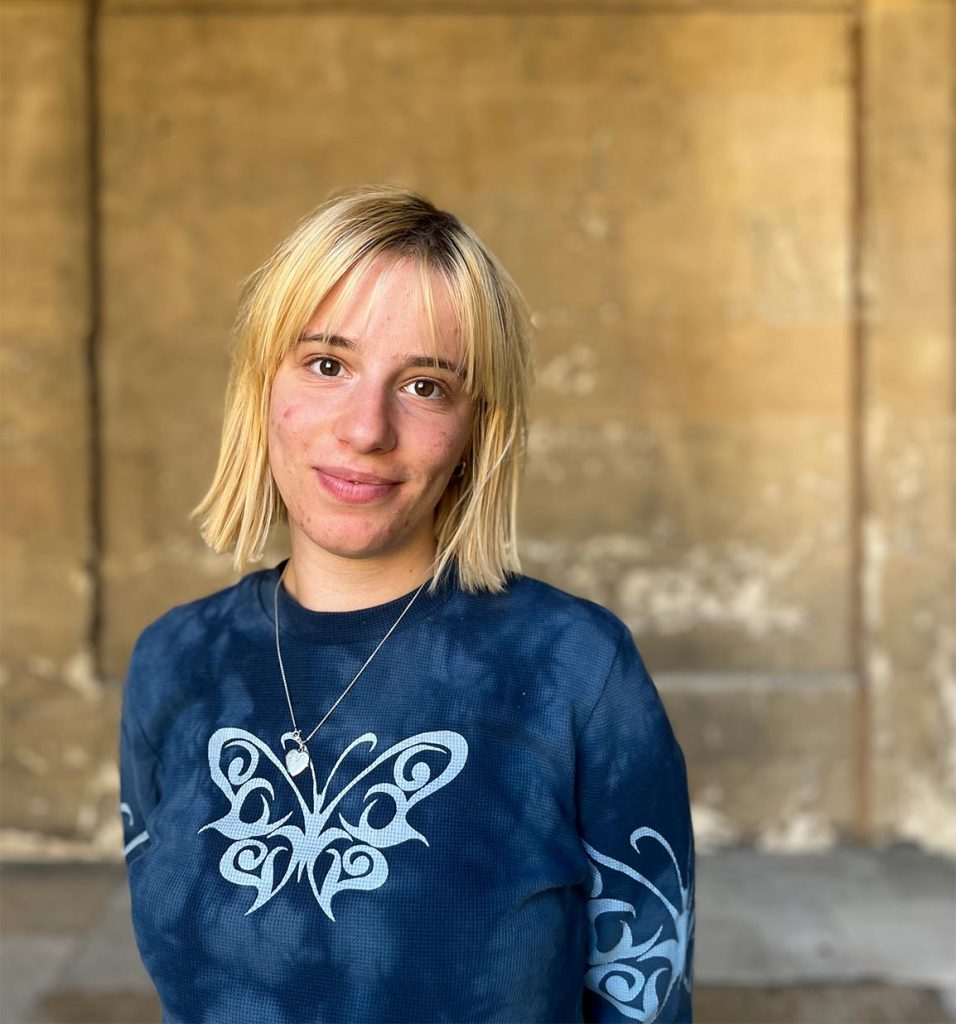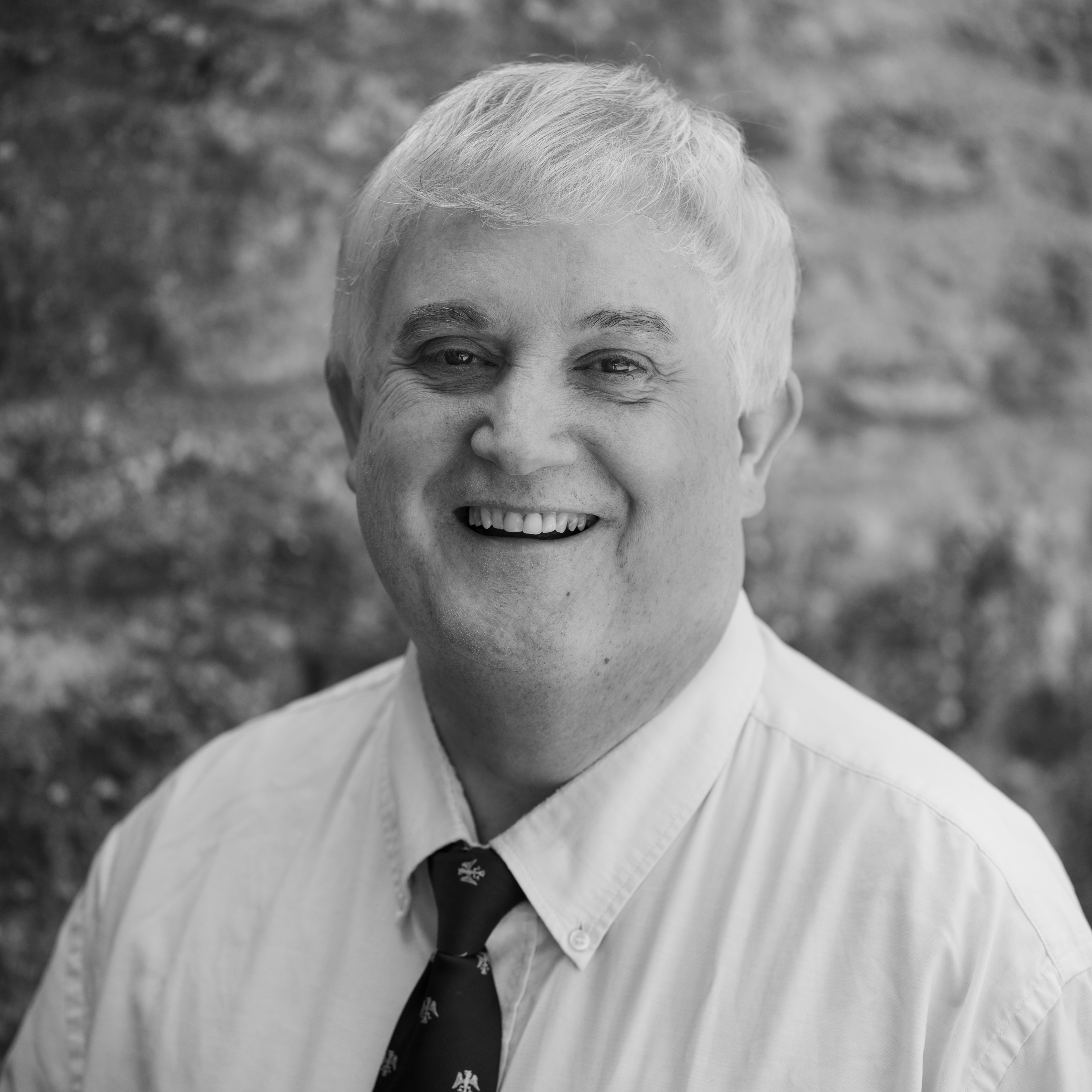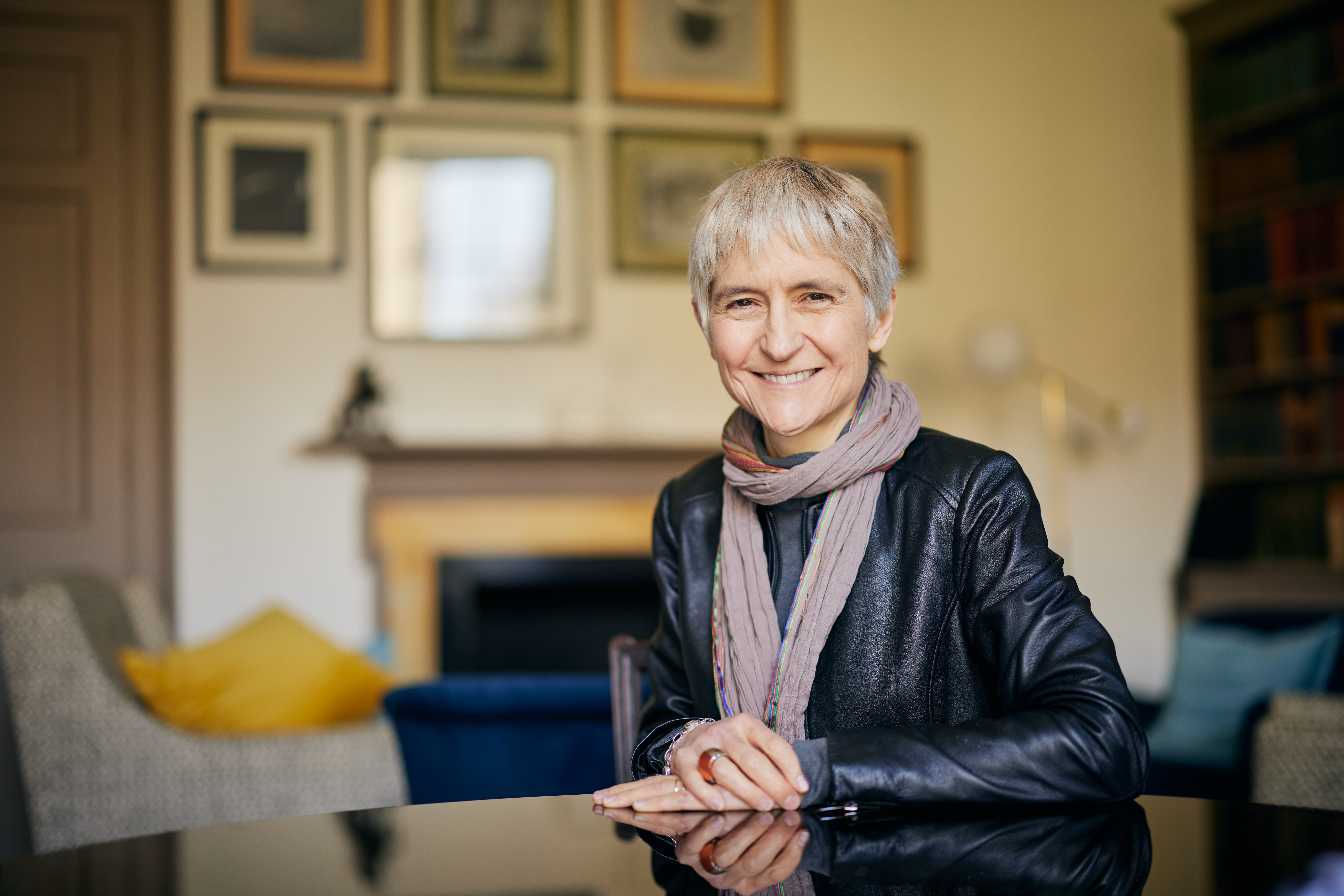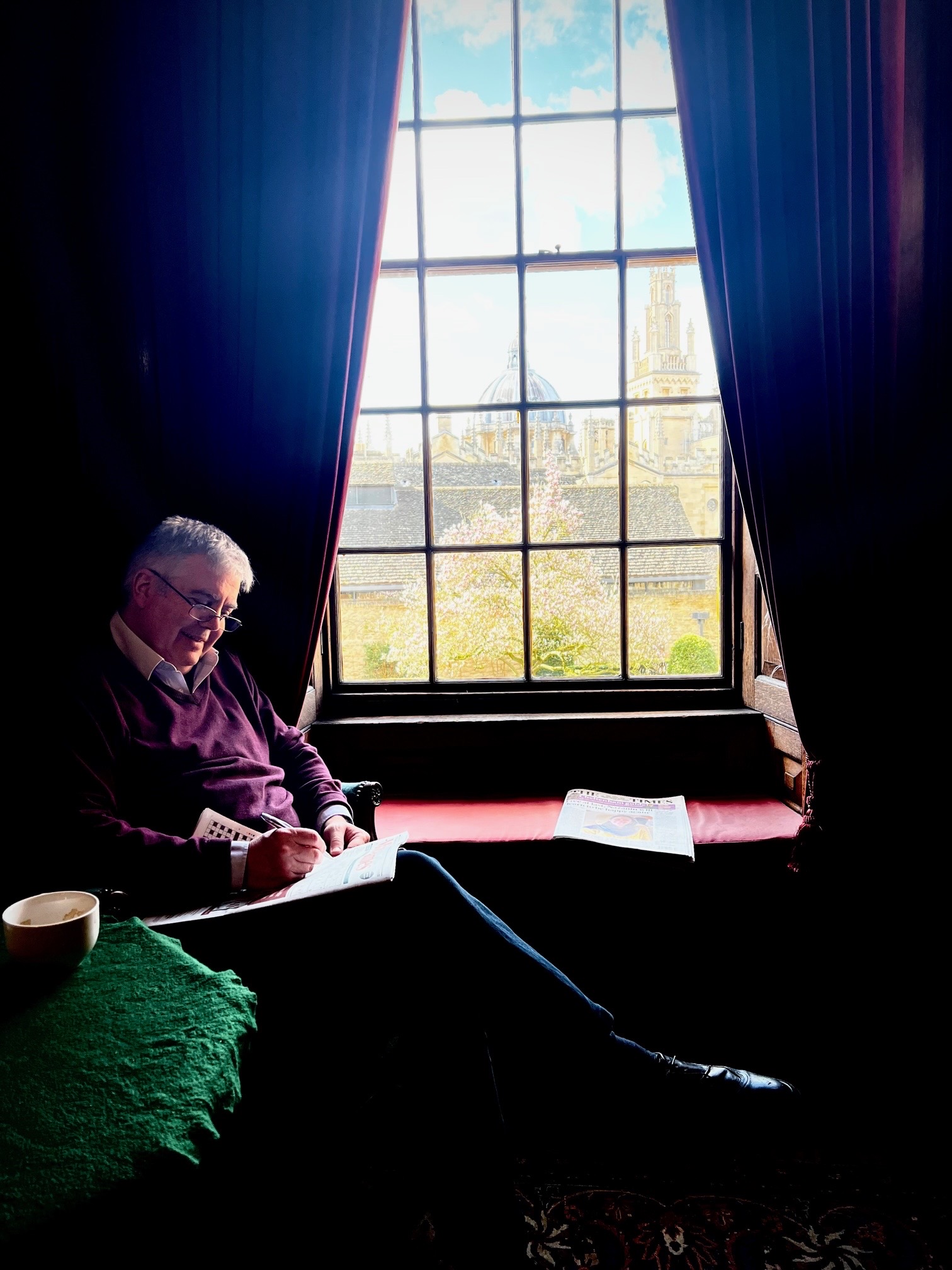The College congratulates second-year History and English student Irina Husti-Radulet who has been shortlisted for the Plough Prize. We asked her to tell us about her writing and what inspires her.
When did you start writing poetry?
I started writing poetry as a child, but the first time I won a competition was when I was 11. My mum submitted a poem that she’d found in one of my schoolbooks without asking me. The poem was called First Love, and the social mortification was absolute. I eventually got over the embarrassment, but the passion for writing stuck.
Please tell us the inspiration for your poem Doña Maria which has been shortlisted for the Plough Prize.
The inspiration came from a painting that I saw by chance in a Royal Academy exhibition. The painting was of a woman called María Catalina de Urrutia, the wife of the Governor of Puerto Rico in the late eighteenth century. I was less interested in the socio-political context of the painting as in Doña Maria’s striking facial expression. She had a really pale, powdered Rococo face, and an almost challenging gaze. I felt like the description – mayor’s daughter, governor’s wife – didn’t quite do her justice, so I wrote a poem about her.
I felt like the description – mayor’s daughter, governor’s wife – didn’t quite do her justice, so I wrote a poem about her.
What does it mean to you to have been shortlisted for this prestigious accolade?
I’m pretty chuffed, of course. Creative writing is the kind of thing that you’re encouraged to do as a child and then get talked out of once you hit adulthood. My parents are supportive, but even they sometimes fear that it’s not an economically viable – or even real – career. So do many of my acquaintances. Winning a prize, being recognised, feels like a vote of confidence, an impetus to keep doing what I love.
Who or what inspires you in your work?
Something I’ve found that works really nicely for me is writing about art. I wander into a gallery, sit before a painting that I’m drawn to, and treat it as the starting point for a poem. It’s a good little exercise, particularly when I don’t want to write about my personal life. I prefer the whimsy of imagining myself in different worlds, like the worlds of paintings. That’s how I wrote Doña Maria.
What is your opinion on the use of AI in the creative process?
AI is a hot topic right now so this question feels almost inevitable. I’ve never used AI in my work (I’ve barely mastered email), but I think platforms such as ChatGPT can be useful for generating prompts if you’re feeling uninspired. So long as you treat it as a platform for inspiration rather than letting it do all the heavy lifting of creation, AI could be fun to play around with.
What do you enjoy about studying at Queen’s?
Queen’s is a wonderful place, and I’m incredibly grateful to be a student here. It’s a tough question, but my favourite thing about Queen’s would have to be the homemade tartar sauce that is served every Friday, although the beautiful old library comes a very close second.
What’s your favourite part of Oxford?
I’m obsessed with the Pitt Rivers Museum. It has a knotty colonial history, but it’s also this fantastical room crammed chock-full of weird and esoteric objects. Most of the exhibits have labels that have been handwritten aeons ago in spidery black ink. It feels like stepping into a different world. It’s also got a wonderful magical objects collection, with amulets and charms from various cultures. I’m currently writing my dissertation on witchcraft, so the museum has been a constant place of wonder and inspiration.



